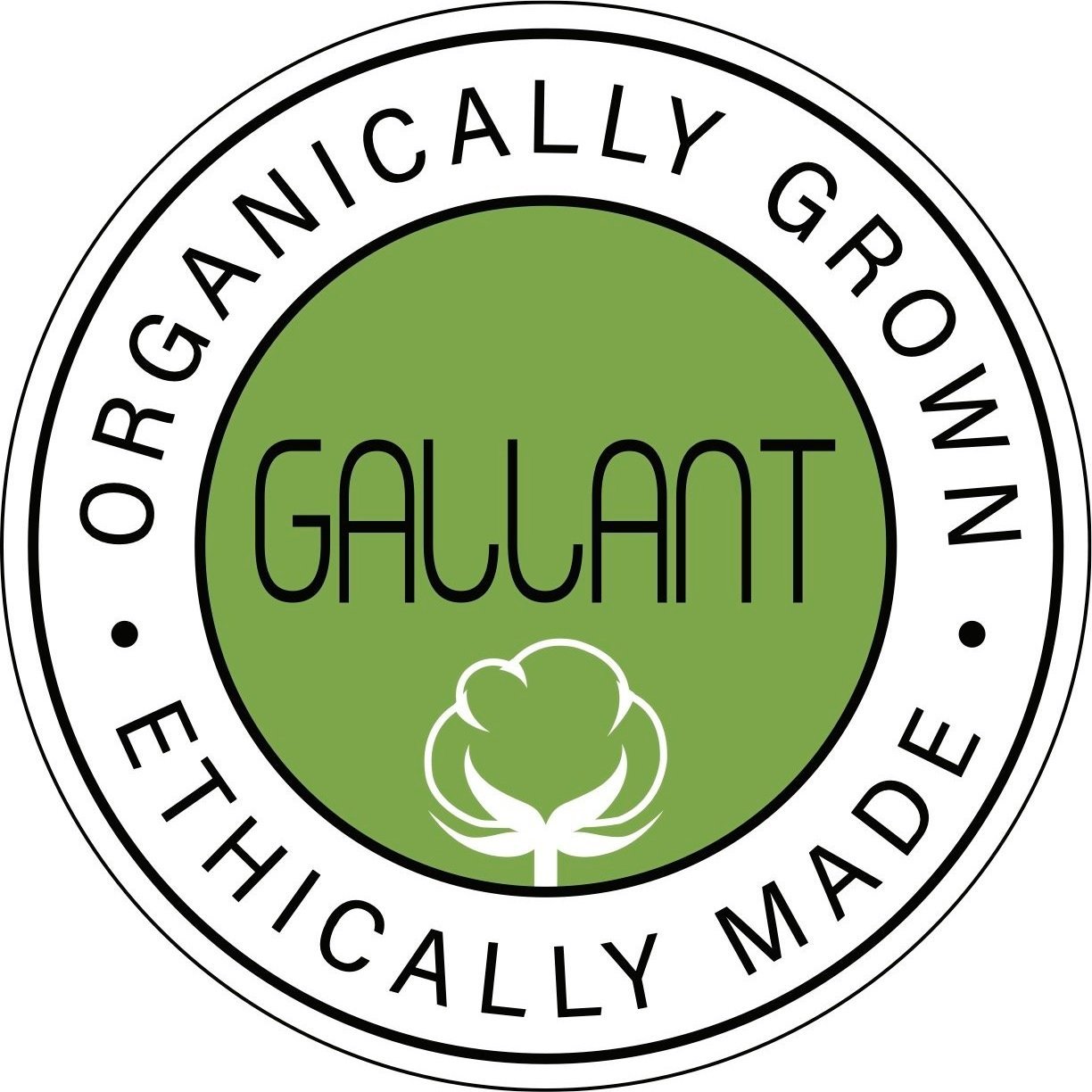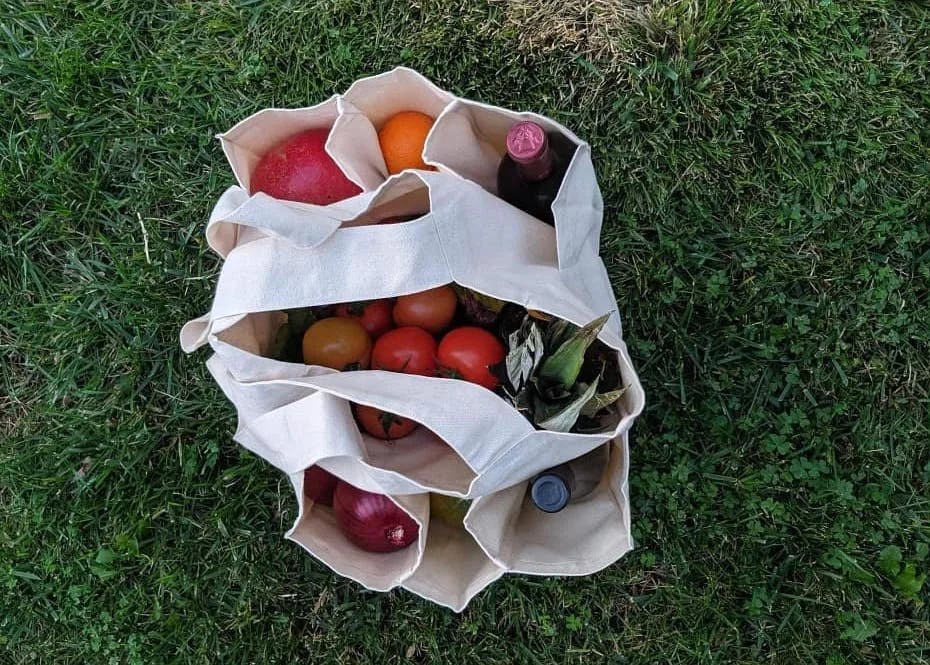5 Eco-Friendly Ways to Keep Your Produce Fresh for Weeks
Fresh produce is deliciously inviting— it contains various nutritional benefits, including vitamins, minerals, fibers, etc. But after hauling your fresh produce into your pantry and refrigerator, they won't even last a week without proper care!
Why is that? What's making our fruits and vegetables go bad so quickly? Unsuitable storage conditions and exposure to various microorganisms in the air like bacteria, yeast, molds, etc.
Try these 5 eco-friendly hacks to keep your produce fresh for the longest window possible—
Reusable Ziplock Bags
Ziplock bags are one of the most common food storage options for many. It can be used to store anything— vegetables, meat, fruits, milk, snacks, and leftovers. Zip locks are not completely air tight, allowing vegetables to have some room for breathing. Moreover, it will be easy to organize your refrigerator if you store your goods in separate zip locks. They can also be used multiple times after washing, so keep reusing your bags for a zero-waste kitchen habit.
Store in Muslin Bags
Store your source of strength and nutrition in muslin bags that are not only natural and eco-friendly but made of 100% organic cotton. Muslin drawstring bags have good breathability, making air circulation easy. The breathable fabric allows ethylene gas (a hormone produced by some fruits and vegetables which causes them to quickly ripen) to escape. This slows the process of your produce aging fast, keeping them healthy and fresh for a longer time while preventing insects and pests from entering.
Glass Containers with Tight Lids
Air-tight glass containers are a better option over refrigerators to store your beans and pulses. It helps retain moisture inside, prevents dehydration, and protects the ethylene sensitive produce from those that produce ethylene gas. Switching to glass containers also contributes to the zero-waste movement while keeping your pantry neat, labeled, and organized.
Use Beeswax Wraps
Beeswax wraps are natural and eco-friendly, making them the perfect alternative over plastic wraps. Plus, they are reusable too. Because beeswax wraps do not contain hormone disruptors like BPA (Bisphenol A), they are not only great storage mediums but also prevent premature food spoilage. Wrap your vegetables in beeswax wrap or wrap it over the rims of your fruit bowls. It can get flakey over time but that is normal, you can brush it off and continue using it.
Wrap Them in Tea Towels
Tea towels are commonly used to dry dishes/hands or polish fine china and glassware. But you can also use it for sustaining the freshness of your produce. Cotton tea towels are incredibly absorbent, making them ideal for retaining the crispiness of your leafy greens– it extends longevity. Swaddle the herbs and green while slightly damp and put them in the refrigerator to buy extra time.
Extra Tips–
Here are some more tips to help you retain the freshness of your greens, vegetables, and superfoods.
Separate your potatoes and onions because they are both moisture producing– it can hasten spoilage. Store them individually in dry places with good airflow and at room temperature.
Store ripe fruits in the refrigerator to extend their shelf life. For example, ripened avocados, pineapples and mangoes are susceptible to rotting in a day if kept at room temperature. So it is best to store them in the refrigerator right away to delay the ripening process.
Consider the storage style depending on the vegetables. You want to store potatoes in dark places with high humidity and good air circulation. Meanwhile, leave beets, carrots, gingers, etc. in the refrigerators. Unlike potatoes, roots and tubers do not release ethylene gas, making it okay to store together with other vegetables.
Freeze your vegetables to preserve the nutrients if you won't be consuming them immediately. Cut the vegetables and boil them for 1-2 minutes then place them in ice cold water— certain vegetables when stored well can last about 3 months and upto a year.
Reducing the chances of produce loss helps meet sustainability goals. Storing fresh vegetables and fruits the smart way is putting your money where your mouth is— you'll be consuming healthy food, plus your dollars will be well spent!

